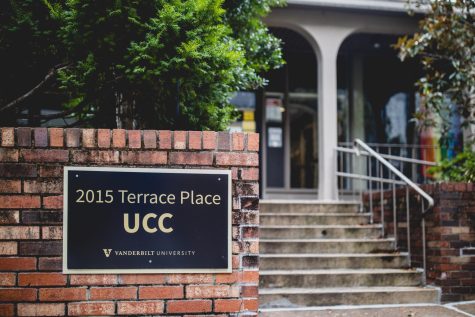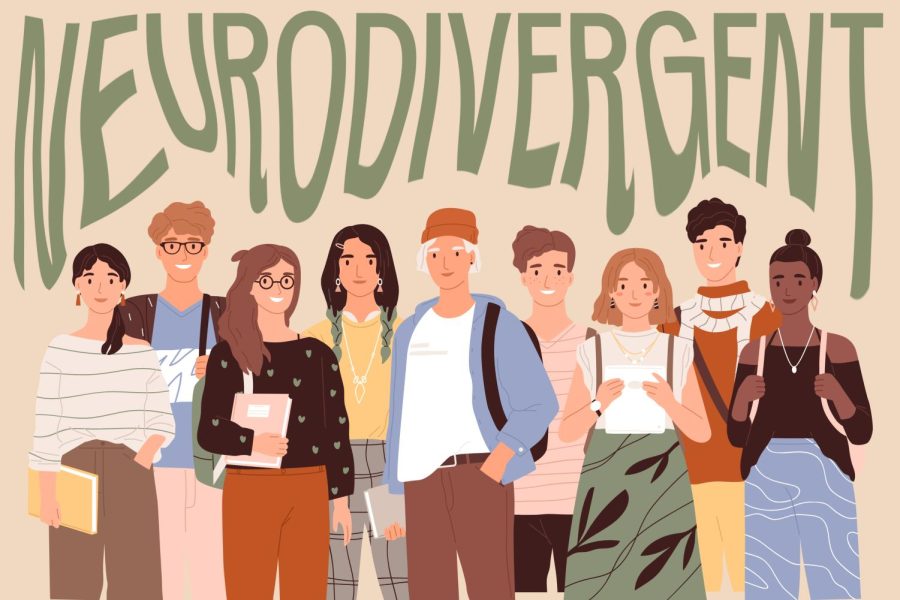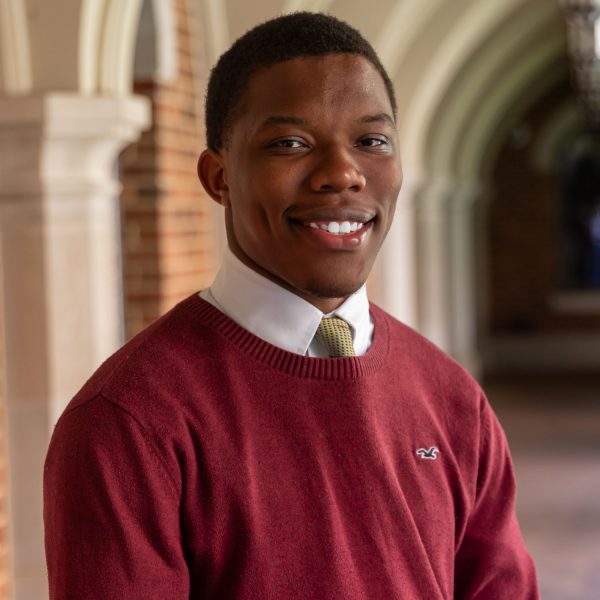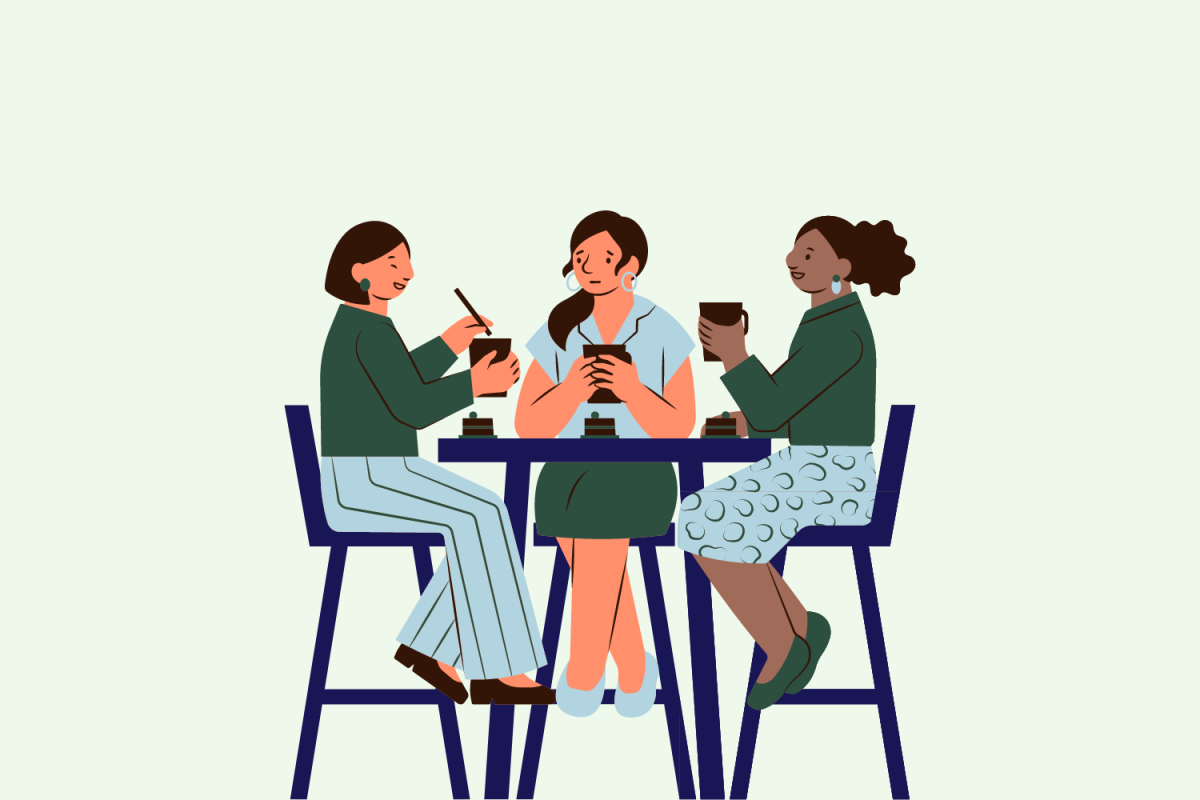Congratulations! You have officially beaten the odds as a person with a disability and obtained your hard-earned spot on Vanderbilt’s prestigious campus. I am so excited to see you grow and can’t wait to see the accomplishments you will achieve in all areas around campus.
When I discovered that I shared the superpower of ADHD with over 6 million people worldwide, it broadened my outlook on neurological disabilities. The discovery made me proud of the superpowers I was given at birth and helped me feel better about the bullying I experienced in elementary school. I realized that the kids who bullied me weren’t as lucky—they weren’t born with my superpowers. However, as I start my new life at Vanderbilt, I still worry about those who have had or may have the same experiences as me.
You may be thinking, “I’m out of the woods,” but the assistance that you have received in high school and the life you are about to confront is increasingly separated. You will likely embark on a journey of stress, depression, demotivation, imposter syndrome and loneliness. This guide teaches you how to speed up the process of finding your superpower and putting it to good use as the newest member of Vanderbilt’s neurodivergent population.
Diagnosing a neurodivergent disability and locating your superpower is not easy. Realizing my self-worth and coming to terms with recognizing my disability as a superpower took years of silence, unfulfilled promises and sadness.
Get involved in extracurricular activities
One of the ways that students who struggle with neurodivergent disabilities can find their superpower is by locating their niche in extracurricular activities. Joining organizations is essential for those who work with neurodivergent disabilities because we are known to be individuals of dedication and perseverance. Finding our niche and committing to a project or organization can help us make a difference and feel powerful. As a high school student, I became engaged in organizations that interested me and would help me become successful in my future career as an aspiring war correspondent.
Sung Jin Lee (‘22), a chronobiology researcher and medical scribe at Vanderbilt University’s Department of Biological Sciences has a brother with the neurodivergent superpower autism. Lee believes that people with neurodivergent disabilities who join university organizations tend to find a sense of belonging. Obtaining likability or prestige amongst your peers is a quick way to discover your full potential and showcase your superpower to the world.
“It’s important to ensure everybody feels a sense of belonging on this campus,” Lee said.
Lee added that being involved with university organizations is a great way to expand the learning and social environment of a neurodivergent superhero.
“I think it’s important for the learning environment,” Lee said. “I think people [with neurodivergence] thrive and work best when they feel connected and together.”
For students wanting to get involved with on-campus organizations, visit Anchor Link. Anchor Link helped connect me to an assortment of organizations and events that have set me up for establishing life-changing connections. There is likely to be an organization on Vanderbilt’s campus that will cater to your interests.
Seek help when needed
The biggest thing that helped activate my superpower was seeking help when things got rough. You are never considered “stupid” when seeking academic or professional services like academic tutoring in the School of Engineering or psychiatric help at the Vanderbilt Psychiatric hospital. Instead, taking bold measures to identify your weakness and taking the time to eliminate them is what makes you a “smarter” student.
Cindy D. Kam, a professor of political science and dean of the College of Arts and Science, continued by saying that if any neurodivergent student is experiencing bullying on campus, then they should go to a space where they feel safe.
“I think hopefully there are resources on campus that students feel like they can turn to, talk with and be real with,” Kam said.
Institutions of higher education can sometimes disregard students wanting to get involved in extracurricular activities on college campuses and in jobs. Students who feel shunned or rejected from activities they wish to participate in may isolate themselves and not find their desired community.
Sarah Igo, a dean of the College of Arts and Science, agrees with the belief that neurodivergent students have unique talents to bring to the Vanderbilt community. Igo explained that the university is moving positively when supporting neurodivergent students.
“I think we’re moving in the direction of respect for neurodiversity and trying to learn how our institutions and infrastructures prevent people from using their superpowers and their unique abilities,” Igo said.
However, Igo also believes that more progress is needed from the university.
“I would not say that we have come as far as we ought to, in any way, but that we are still learning,” Igo said. “We need to talk to those students to understand how they can better navigate the university and share those talents with us inside and outside the classroom.”
Resources like the UCC and the VUMC Psychiatry Hospital cater to students with neurodivergent superpowers in various forms.

If you are ever experiencing bullying or suicidal thoughts, please seek attention at the nearest counseling center. They may be able to help recharge your drained superpowers.
Remain optimistic and stay persistent
It’s no secret that reading this article and following the steps outlined won’t bring any immediate and drastic changes to your life, and that’s normal. For some students with neurodivergent disabilities, finding your footing within life’s turbulence and learning to take back control of your life can lead you through an assortment of experiences that may feel incredibly uncomfortable. Loneliness, depression and imposter syndrome can last months and often years. I had to learn that staying persistent and recovering from my failures would challenge my mental stability and allow me to take my life off autopilot—landing in a space where I’d be completely comfortable in my personality.
For you, this can be as simple as learning that mistakes are stepping stones to success. Additionally, learning to accept rejection and taking initiative to create your path to success will further pave your neurodivergent success story in the outcome that you desire.
Learning to love yourself is also critical. You do not have to reshape yourself for anyone, and if people do not accept you for who you are, that is a sign that they are not the best assets in your life. Toxicity is the last thing a person with a neurodivergent disability should have to deal with.
How to connect with a neurodivergent person that has hidden superpowers
People who don’t identify as neurodivergent sometimes cannot comprehend the unique characteristics that make a neurodivergent superhero so powerful. The word disability often has a negative connotation, and this assumption makes many neurodivergent superpowers hopeless, unwanted and unloved. One of the primary steps to helping the university connect more deeply with the neurodivergent population on campus is to take the time to understand your neurodivergent peers’ conditions.
Kam continued by saying that it’s essential for people outside of the neurodivergent community to connect with those on the inside so they can recognize how difficult it is to navigate life with a neurodivergent disability.
Kam said students should work hard to recognize the tribulations that neurodivergent peers go through.
“Think about what Vanderbilt stands for—acknowledging and celebrating people’s differences and recognizing that neurodivergent people can be some of the most brilliant and creative minds we know,” Kam said. “We all face some differentiation from everyone and some lack of understanding. I think hopefully there are resources on campus that students feel like they can turn to, talk with and be real with.”
Now that you’ve read this guide and have gained some insight into activating your neurodivergent superpower, do you feel ready to go back out into the world and tackle it head-on? I hope so because when you’re feeling hopeless, just know that people around the world are in your corner rooting for you, and if that sounds too hard to believe, then understand that I will be there for you, helping guide you through the storm that neurodivergent students face.










Audrey Scudder • Oct 24, 2022 at 10:38 am CDT
Just FYI – there is an organization on campus for neurodivergent students! Vanderbilt Autism and Neurodiversity Alliance is a ND student-run organization intended to provide community and support for ND students. We are currently on anchorlink and meeting every two weeks, and are working to connect with more of the ND student population at Vanderbilt.
Miriam Wnuk • Oct 20, 2022 at 5:14 pm CDT
I want to throw out there that the libraries happy to help out where ever is needed. Outside of what is listed on the Accessibility Services webpage, the 8th floor of the Central library has roll-able whiteboard partitions for extra walls near the printers. Additionally, all the libraries have noise-cancelling headphones available for check-out and a supply of earplugs (ask if not on display).